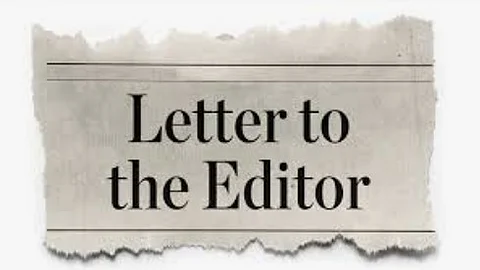

Navigating the
nuclear debate
The proposal for a nuclear power plant would change the dynamics of Goa’s serene coastline, lush forests, and cultural heritage which has long been its defining identity. Now, this delicate balance faces a looming challenge. While Union Power Minister Khattar’s vision may aim at energy security, the risks and repercussions cast a long shadow over Goa’s pristine landscape. The state thrives on its natural abundance, from its rich biodiversity to its clean water reserves. A nuclear power plant would introduce complexities of waste disposal, radiation concerns, and land acquisition—posing irreversible damage to the state’s ecological foundation.
With lessons from nuclear accidents like Chernobyl and Three Mile Island still fresh in global memory, Goa cannot afford to gamble with its future. India currently operates eight nuclear power plants with an installed capacity of 8,080 MW. However, the shift toward renewables is gaining momentum.
Goa, heavily reliant on the Karnataka-Maharashtra energy grid, could benefit from hydro, solar, and wind alternatives instead. A Dudhsagar hydro run-off project offers a feasible, cost-effective solution, reducing dependence on external power sources while maintaining environmental harmony. Energy pricing is another contentious issue. Periodic tariff hikes strain household budgets. Investing in renewables could stabilise costs over time, sparing Goan families from unpredictable price surges while ensuring a clean and sustainable energy supply. The nuclear debate is not just about power—it’s about safeguarding Goa’s identity, economy, and
environment.
Everette Assis Telles, Margao
Stop road digging,
fill up open trenches
The Public Works Department (PWD) has banned new road digging across the state from May 15 until the end of the monsoon. This ban is aimed at preventing further deterioration of roads during the heavy rains. The directive clearly applies only to new digging works. Projects that are already in progress will reportedly go on since they were approved earlier and are time-bound. It would have been in the fitness of things to approve only projects which can be completed before May 15. It is a fact that halting the work midway is not feasible. Some projects which require road digging may continue well beyond the date when the ban will come into effect. As a result the ban will serve very little purpose.
In Goa, it is observed that roads which have been repaired are being re-dug ostensibly for some other work. Open trenches pose danger for road users and pedestrians. Hence it is vital to cover the dug up areas much before the onset of monsoon. It is learnt that a 32-year-old man from Oxel-Siolim sustained injuries after his two-wheeler plunged into a deep trench at an ongoing roadside work site near Marna-Siolim on Wednesday. The victim suffered injuries to his head and hand and had a providential escape. It is learnt that the area was inadequately lit and lacked proper warning signs and barricades thereby creating a hazardous environment for road-users. All road-digging work for underground cabling work needs to be suspended well before the onset of monsoon.
Adelmo Fernandes, Vasco
Faking the
Frontlines
As tensions flared between India and Pakistan since April 2025 following clashes along the Line of Control, both countries witnessed an increase in media misinformation that blurred facts.
Social media, especially Instagram Reels, became a hotspot for misinformation. A reel showing a Pakistani F-16 crash was actually footage from a 2022 US air show, while another clip claimed to show Kashmiri protests in April 2025 but was traced back to 2016. A bombing originally from Gaza was falsely circulated as an Indian airstrike on Pakistan.
Claims that Pakistan had taken down India’s S-400 missile system, along with rumours of an Indian female officer being captured and detained by Pakistani forces, further fueled the spread of misinformation.
The flood of unverified reports, falsified visuals and conflict-fueling headlines on both sides only highlights a growing crisis: Social media as a weapon rather than a guardian of truth. Such reporting not only misguides the public but also escalates tensions between nuclear-armed nations. As the conflict continues to unfold, upholding truth is high necessary to avoid further harm.
Stesha Pereira, by email